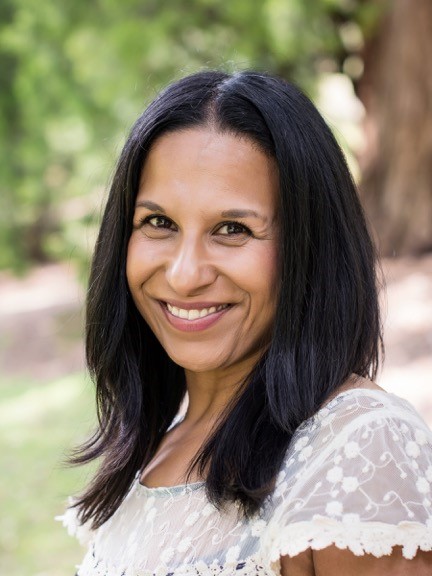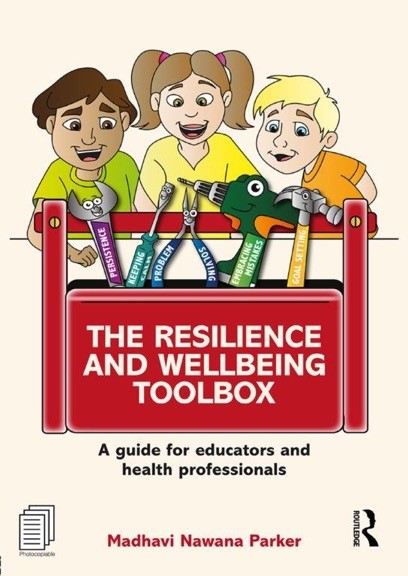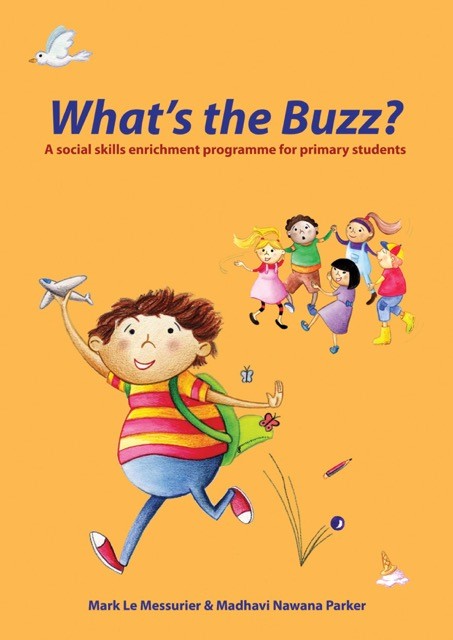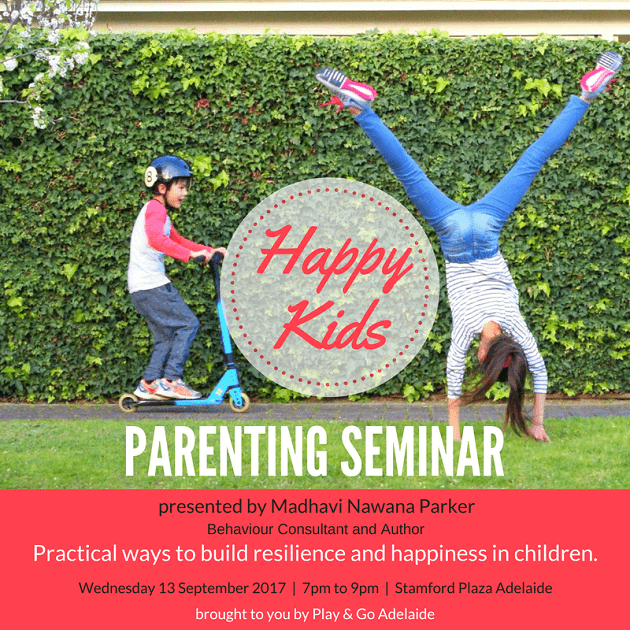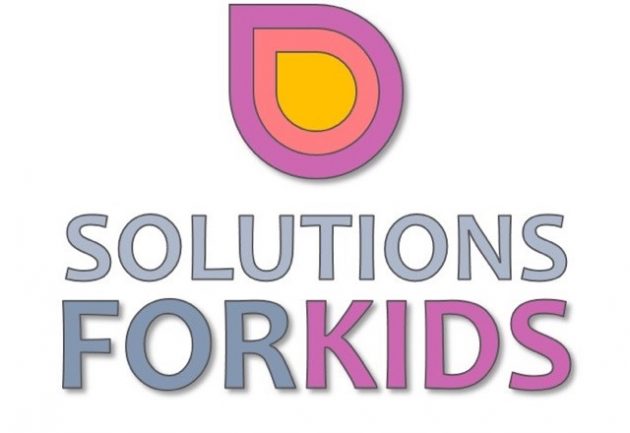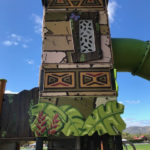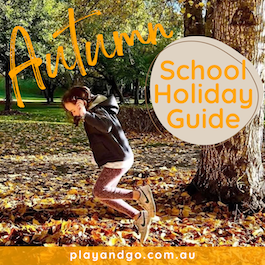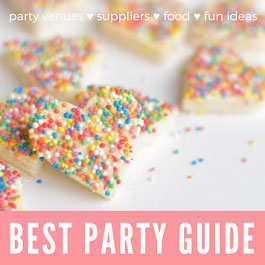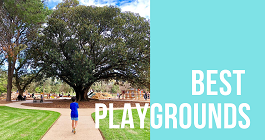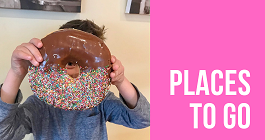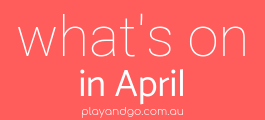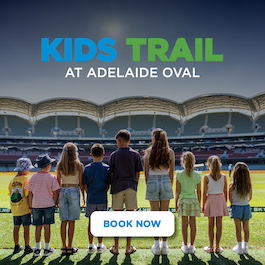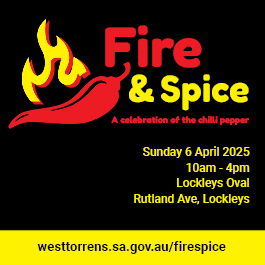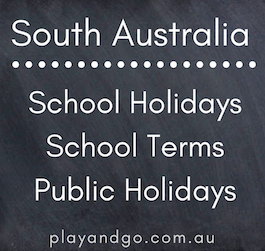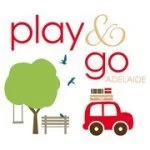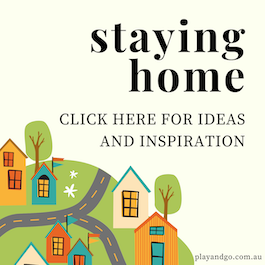Madhavi Nawana Parker is a published author of social emotional literacy programs including, ‘The Resilience and Wellbeing Toolbox’ by Routledge Education London. Madhavi is driven by the value of young people feeling a sense of belonging and connection.
Healthy relationships are at the core of a person’s wellbeing and good social emotional literacy provides the platform for academic and lifelong achievement. Madhavi strives to teach these skills to young people in her private practice. Through her training workshops, she also guides parents and professionals to develop simple and practical ways to support young people to be more resilient and socially-emotionally skilled.
Together with her close friend and colleague, Mark Le Messurier, ‘What’s the Buzz?,’ a series of social skills programs were published worldwide by Routledge Press London in 2011 and 2014. Madhavi and Mark deliver training to use both programs for schools and health centres. They also facilitate the program within their private practices with children and their families.
Madhavi is a keynote and guest speaker on the topics of social emotional literacy, positive discipline, anxiety and anger, resilience and wellbeing.
We are so pleased to be presenting our Happy Kids Parenting Seminar, where Madhavi will be sharing her knowledge and tips on building resilience and wellbeing in children. Read about it here.
To give you a little taste of what will be covered on the night here is some info that has been posted on her Facebook page, Solutions for Kids where she publishes an article every week.
Character Strengths
Courage, kindness, zest, love, honesty, curiosity, teamwork, humour, social intelligence, creativity and fairness are all examples of character strengths. Character strengths are universal human qualities that grow and develop over time. When people use their strengths they feel energised. When they don’t use their strengths, they feel depleted.
Using character strengths is a better indicator of happiness than IQ scores , sporting achievements or grades on a report card. Focusing on character strengths is all about focusing on the actual person…not the outcomes and achievements that person is capable of…like being selected in the ‘best’ sports team or getting straight A’s on a report card.
Focusing on achievement and outcomes doesn’t bring long term happiness. It can even create unhealthy competition and insecurity – all counterproductive to a person’s happiness and wellbeing.
For younger children from around 4, You can print out the 24 character strengths online, help them understand what they mean and let them rank what they feel their character strengths are. You might also like, ‘Strength cards’, available through St Luke’s Innovative Resources with 52 child friendly cards that identify strengths. You can also make your own!
Once everyone in your family or classroom has identified their character strengths, highlight each person’s top 5 signature strengths and display them so they are easy to reference. When anyone meets a challenge, refer back to the strength they could draw upon to problem-solve and find a solution. For example, if your child is worried about starting school and courage is one of their strengths, you could say, “you have all the ‘courage’ you need to handle this.”
A child with strengths in teamwork and kindness who is unhappy about a group they are placed in to do a project can be reminded, “weave your magic – you’re kind and a great team player. This is a chance to practice your strengths and make them stronger.” Another way to focus on strengths is to point out when your child is using a character strength. A child who has noted an injustice could be told, “you care about what’s right and wrong. Justice and fairness is important to you. How will you use your strengths to deal with this in a way you’ll be heard?”
Talk about character strengths above achievement. If a child receives an ‘A’ you can highlight their strength in perseverance by saying, “you’re such a hard worker – you must be proud of yourself,” instead of “I’m so proud of you – you got an A – you’re so smart!”
Find ways for your children and students to use their strengths. For a child who shows courage get them to try new things – especially if they take courage and give a little adrenalin boost. For a child who has the strength of kindness let them lead the family in a random acts of kindness activity.
Read about why praise can do more harm than good in this Facebook post here.
TEACHING CHILDREN HOW TO BE HAPPY: HEALTHY RELATIONSHIPS
We teach children how to ride a bike, swim, read and write, get dressed independently, use manners and so much more. Why not teach them how to be happy?
The earlier young people develop these skills the greater likelihood they’ll learn to handle their feelings well, bounce back from hardship, problem solve, seek out healthy friendships and enjoy life.
Research around the globe on happiness and resilience returns to one key foundation. Relationships. Loneliness is toxic. Strong, supportive and constructive relationships contribute to better overall health, happiness, resilience, performance and longevity. Without healthy relationships, everything else is compromised.
So, what’s the magic relationships number to aim for according to the research? Five. Being closely connected to at least five people that love and care about you can make all the difference to your quality of life. Even having just one person sincerely believing in, caring about and encouraging you can make the difference between good and bad outcomes in a person’s life. Imagine the impact of more.
The more helpful, influential and genuine people in a young person’s life, the more protection they have against anxiety, depression and addiction.
Click here for the Solutions for Kids facebook page
Why is this all so important?
It is documented that depression is the top global cause of illness and disability for adolescents, with suicide the third-biggest cause of death according to the World Health Organisation (WHO)
The finding is in a new report by the UN agency, which has compiled a great number of published evidence with direct consultations with 10 to 19-year-olds around the world to assess the health issues that affect them. It has been found that building life skills in children and adolescents and providing them with psychosocial support in schools and other community settings can help promote good mental health. Programmes to help strengthen the ties between adolescents and their families are also important. If problems arise, they should be detected and managed by competent and caring health workers. Read more about it here.
Here are some points from the World Health Organisation findings:
Many mental health problems emerge in late childhood and early adolescence. Recent studies have identified mental health problems – in particular depression, as the largest cause of the burden of disease among young people.
Poor mental health can have important effects on the wider health and development of adolescents and is associated with several health and social outcomes such as higher alcohol, tobacco and illicit substances use, adolescent pregnancy, school drop out and delinquent behaviours. There is growing consensus that healthy development during childhood and adolescence contributes to good mental health and can prevent mental health problems.
Enhancing social skills, problem-solving skills and self confidence can help prevent mental health problems such as conduct disorders, anxiety, depression and eating disorders as well as other risk behaviors including those that relate to sexual behavior, substance abuse, and violent behaviour.
At Play & Go Adelaide we make every effort to provide accurate information to the best of our knowledge at the time of publication.
Want to get all the latest events and activities straight to your inbox?
Subscribe to our weekly email newsletter below to keep up to date with our latest posts and find out all the best events & activities for Adelaide families. Newsletters are only sent once a week, and you may sometimes get a special offer exclusively for our subscribers only!


